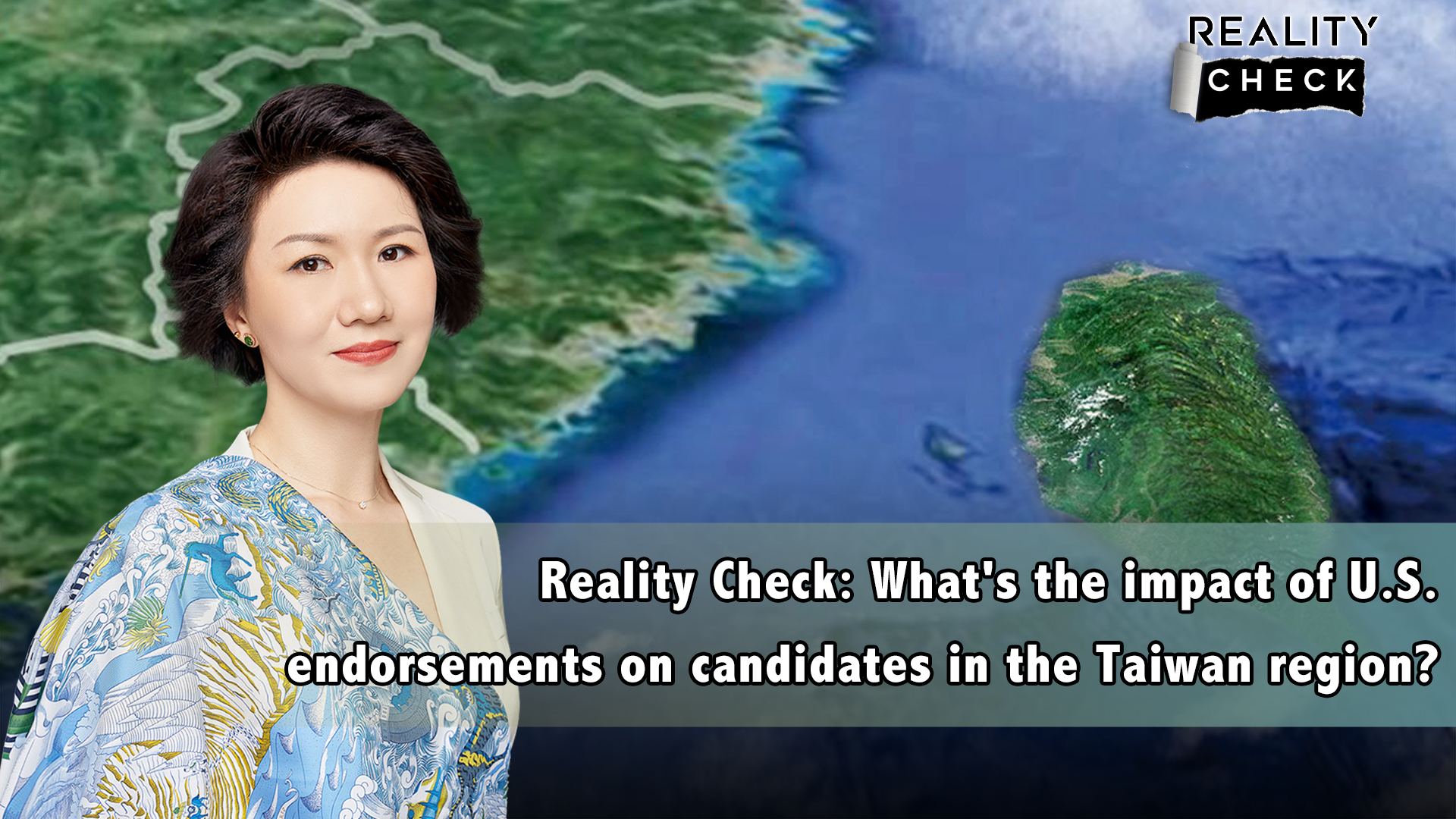What's the impact of U.S. endorsements on candidates in the Taiwan region? Are engagements with U.S. officials helpful or harmful to the Taiwan region? Li Peng from Xiamen University delves into the intricacies of the interactions between the U.S. & Taiwan region!
01:55

Liu Xin: Why does the candidate or candidates from different parties for the office of the leader of Taiwan need to get the endorsement from the United States? That seems to be a tradition all along. If they don't get the go-ahead or a nod from the United States, they don't stand a chance. What is the relationship?
Li Peng: In Taiwan's so-called general election, almost every candidate will go to the United States to get interviews with U.S. government officials. And they always guarantee to the U.S. officials that they can maintain the so-called peace and stability across the Taiwan Straits. And they can do everything to favor the United States’ national interest. And I think these kinds of interviews or exams betrayed Taiwan's interest. These kinds of actions are actually selling out the island to the United States.
This means that the United States has a big influence on Taiwan's election, and the United States tries to interfere in Taiwan's election.
Liu Xin: By allowing him to have a so-called "stopover " in the United States, is that a tacit endorsement of Lai as a potential candidate for the Taiwan leadership position?
Li Peng: The United States wants to make sure that Lai Ching-te can follow the United States’ policy. They are not so sure whether Lai Ching-te will push forward "Taiwan independence" or not.
The foreign policy of the United States has always worked for its own national interest, for the United States’ national interests, not Taiwan's so-called interest.